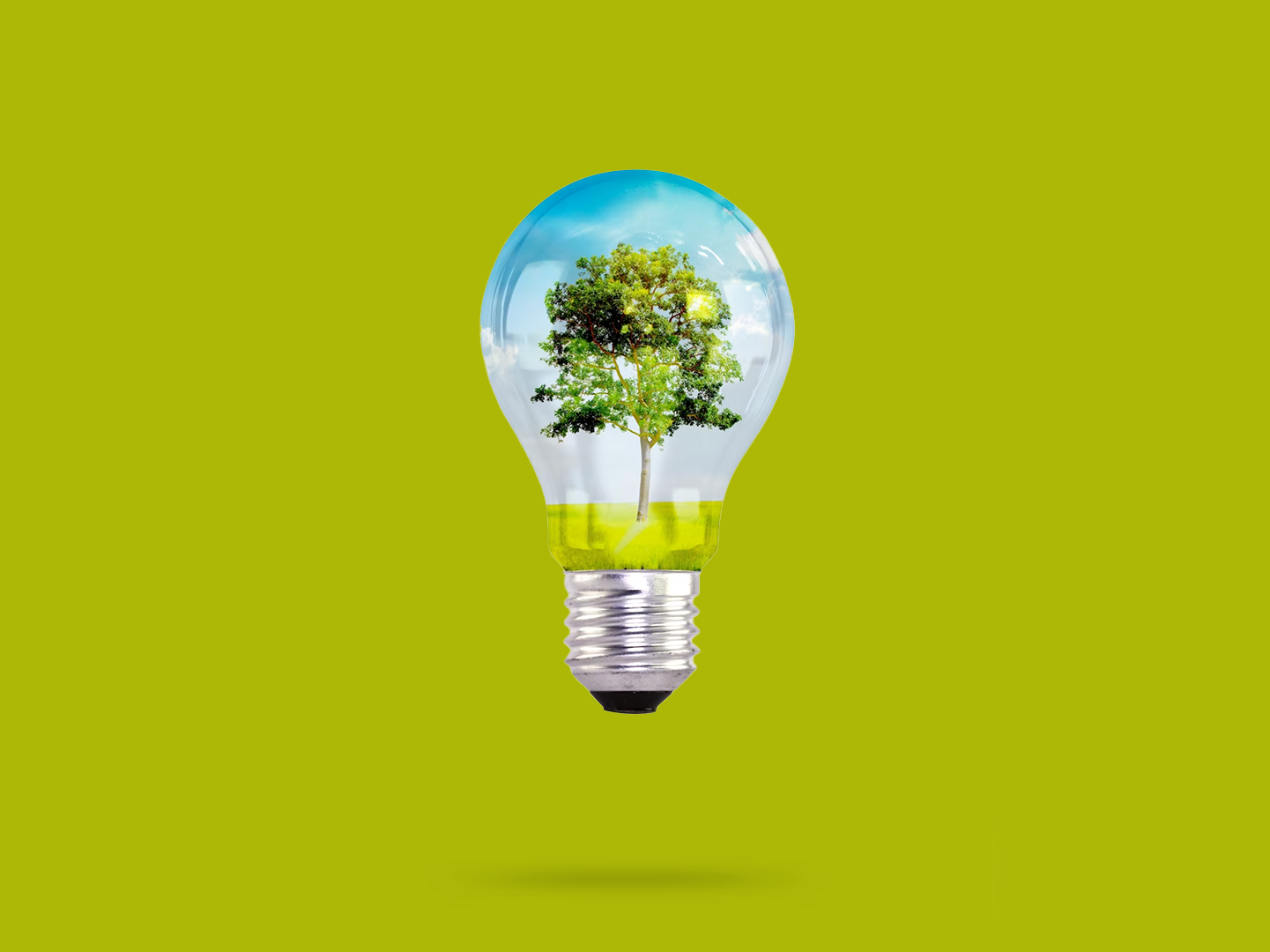
Energy of the future
The energy sector is undergoing a profound transformation, with a growing demand for clean and sustainable energy sources. The future of energy will be shaped by the increasing adoption of renewable energy sources, such as solar, wind, and hydro, as well as the development of new technologies for energy storage and distribution. The use of electric vehicles (EVs) and smart grid systems will also play a significant role in shaping the energy landscape of the future.
In addition, the energy sector will continue to be impacted by advances in digital technology, such as artificial intelligence, machine learning, and the Internet of Things (IoT). These technologies will play a key role in making the energy system more efficient, flexible, and resilient.
Governments around the world are also implementing policies to promote the transition to a low-carbon energy system, with a focus on reducing greenhouse gas emissions and mitigating the impacts of climate change. This will result in increased investment in clean energy infrastructure and the development of new energy-saving technologies.
Ultimately, the energy of the future will be more decentralized, with a greater emphasis on local generation and distribution. This will create new opportunities for communities to participate in the energy sector and help to drive economic growth and job creation.
In conclusion, the energy sector is undergoing a significant shift towards clean and sustainable energy sources, driven by technological innovation and changing consumer preferences. The energy of the future will be more diverse, efficient, and accessible, creating a more sustainable and equitable energy system for all.


